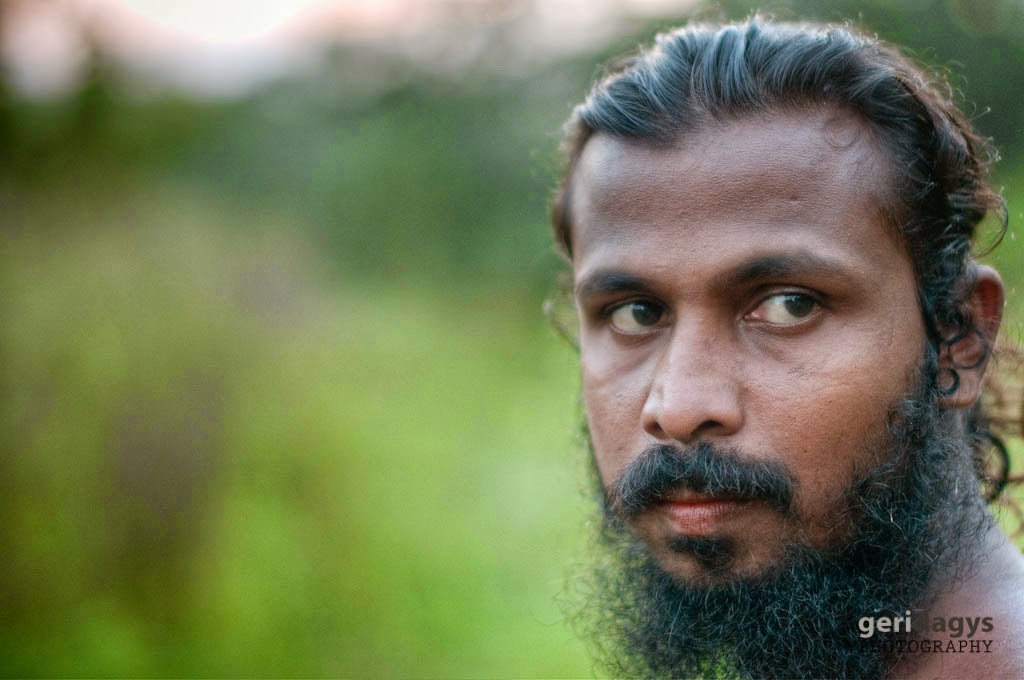 |
| (Photo by Geri Dagys) |
The UN survey gives us insight into the general mood in different countries. People everywhere are checking it to see where they stand in the happiness rankings.
At first glance the Scandinavian countries are the happiest, with Denmark topping the list, followed by Finland and Norway, and then the Netherlands. In our region Cambodia ranks as least happy, at 140th just 16 places from the bottom of the list. The happiest are Singaporeans, ranked 30th, followed by Thailand, Malaysia (56), Vietnam (63), Indonesia (76), the Philippines (92), Laos (109) and Myanmar (121). By comparison Cambodia is down in the dumps with Sri Lanka (137), Nepal (135), Afghanistan (143) and, saddest of all, Togo (156).
Though the rankings cannot be considered scientific, they give us a rough comparison in the level of contentment across the world. The results are based a ‘life evaluation score’ that combines a variety of factors, including health, family, job security, political freedom and government corruption.
The state of the economy is not the only major mood-changer. Loneliness has the same effect on life expectancy as smoking 15 cigarettes a day. A jobless villager can be more satisfied with life than a lonely chief executive in a big city.
“Happiness may have different meanings for different people. But we can all agree that it means working to end conflict, poverty and other unfortunate conditions in which so many of our fellow human beings live,” UN Secretary-General Ban Ki-moon said on World Happiness Day.
Following the UN’s embracing of happiness as a serious issue to be measured every year, we will never be short of data on international wellbeing. The data are the focus of growing debate, which could eventually lead to more measures to prevent problems like famine and rights abuses. Knowledge is power, and now that we are in the know, it’s time to take action to secure our right to happiness.
(The Nation, Thailand) /CT